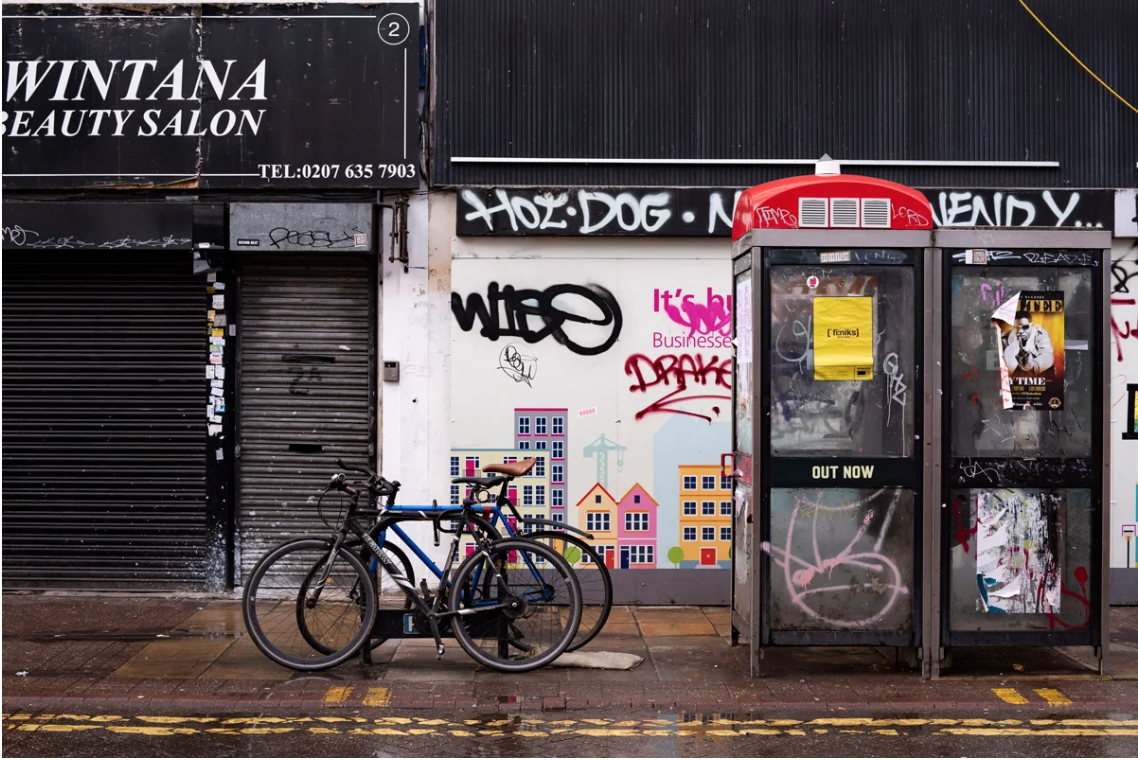Events
Young Blood: Knife Crime and Restorative JusticeLondon College of Communication April 30 2019
Discussion and film screening.
Tuesday 30 April, 6-9.30pm
Free and open to all – booking essential
Book tickets
Part of Visible Justice, join journalists, youth workers, experts, and activists for a roundtable discussion about knife crime and restorative justice, followed by a screening of Edmund Clark’s film ‘Oresteia’, created in collaboration with the men of HMP Grendon and the psychodrama department.
Schedule:
- 6-7.30pm: Knife crime and restorative justice – roundtable discussion
- 7.30-8pm: Break
- 8-9.30pm: Oresteia – film screening
Guests can join for both sessions or can book for the discussion or film screening individually. If you wish to attend both sessions, please book a ticket for each.
Knife crime and restorative justice – roundtable discussion:
In response to a collaborative project for Visible Justice at London College of Communication, students chose to work on the subject of knife crime in London, with transmedia artist Poulomi Basu, to create an immersive film, ‘Young Blood’.
Organisations and speakers include:
- #BikesUpKnivesDown
- InHouse Records
- Leyton Sixth Form College
- Dan Hancox – London journalist focusing on music, politics, cities and culture
- Alicia Hart – creative producer for London Needs You Alive
- Nic Madge – former judge, working with surgeons and psychologists on a campaign for blunt knives
- Vic Santoro, rap artist, actor and motivational speaker
- Ciaran Thapar – youth worker and journalist
This roundtable discussion aims to continue the dialogue with organisations interviewed by students for their film, including BikesUpKnivesDown, InHouse Records, and Leyton Sixth Form College.
Participants were chosen because of their positive strategies to resist the ways in which young, often black, people from economically poor backgrounds are treated in a city that doesn’t always value them.
We will produce questions for discussion that incorporate the necessity to look beyond the traditional perpetrator/victim binary, how young people are reclaiming a powerful culture of the city, and what kind of changes to existing legal and political frameworks are required.
The format is entirely open – all audience members are invited to take a seat on the stage and speak. The event is convened by Max Houghton, Course Leader in Photojournalism and Documentary Photography at London College of Communication.
‘Oresteia’ screening:
The discussion will be followed by a screening of ‘Oresteia’, a film by artist, photographer and London College of Communication Senior Lecturer Edmund Clark, created in collaboration with the men of HMP Grendon and the psychodrama department Grendon is Europe’s only wholly therapeutic prison, specialising in the rehabilitation of violent and sexually violent offenders.
Men apply to Grendon from other prisons to undergo an intense process of group therapy. Research indicates that men who stay at Grendon for 18 months or more have significantly lower rates of reconviction.
Edmund Clark will introduce his film and there will be time afterwards for a short Q&A. Running time: 73 minutes.
Watch a clip of from ‘Oresteia’ on Vimeo. Copyright Edmund Clark, courtesy Ikon, Birmingham and Flowers Gallery London and New York.
About Visible Justice:
Visible Justice brings together artists, activists, journalists, civil liberties groups, human rights lawyers and media students for an exhibition and events programme exploring social justice in national and international contexts.
Presented by London College of Communication’s Media School for its annual public showcase, Visible Justice will investigate the role of media technologies and collaborative partnerships in relation to such issues as climate change, displacement and persecution of refugees, knife crime, torture and rendition, state power, incarceration and the death penalty.
Curated by artist David Birkin and writer and London College of Communication Course Leader Max Houghton, Visible Justice will feature immersive installation, photography, video, sound, and a series of talks, performances, screenings and events – all free and open to the public.
Collaborative partners:
Reprieve, PlanB, Poulomi Basu, David Blandy and Larry Achiampong, the Refugee Journalism Project.
Full programme of events to follow.
Free and open to all.
arts.ac.uk/lcc
